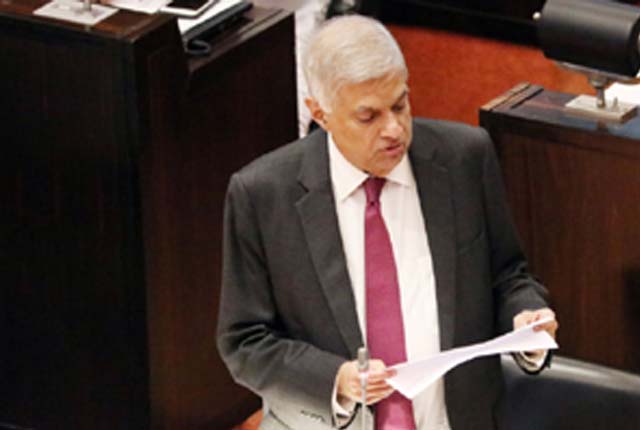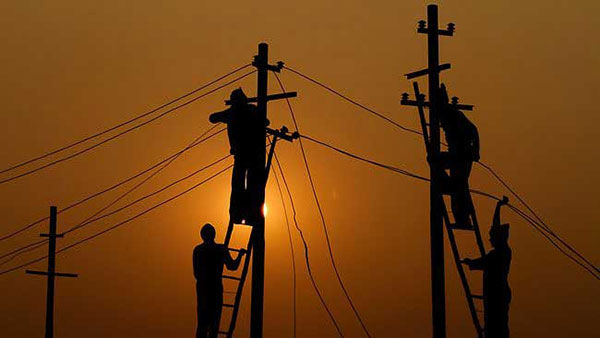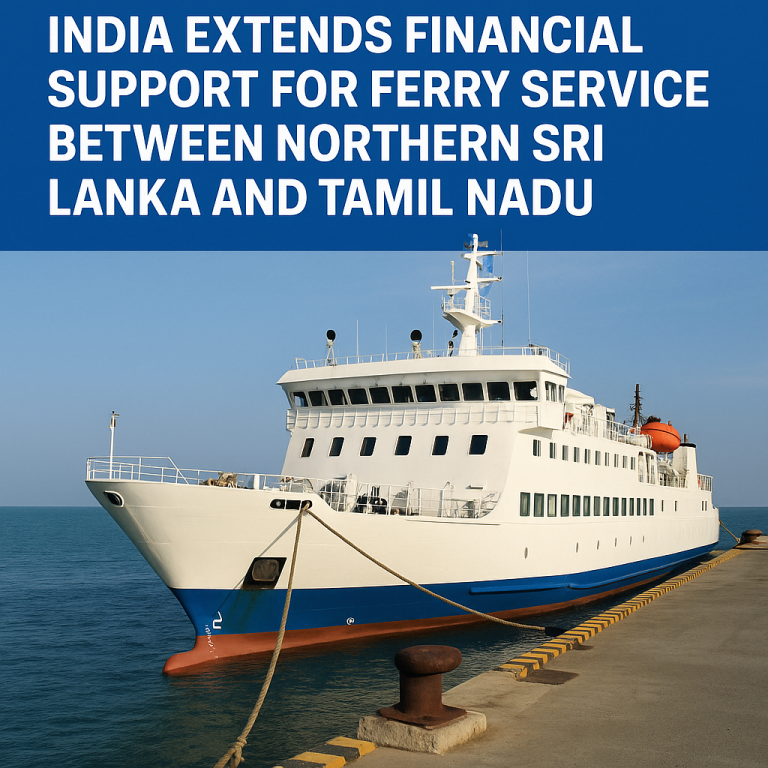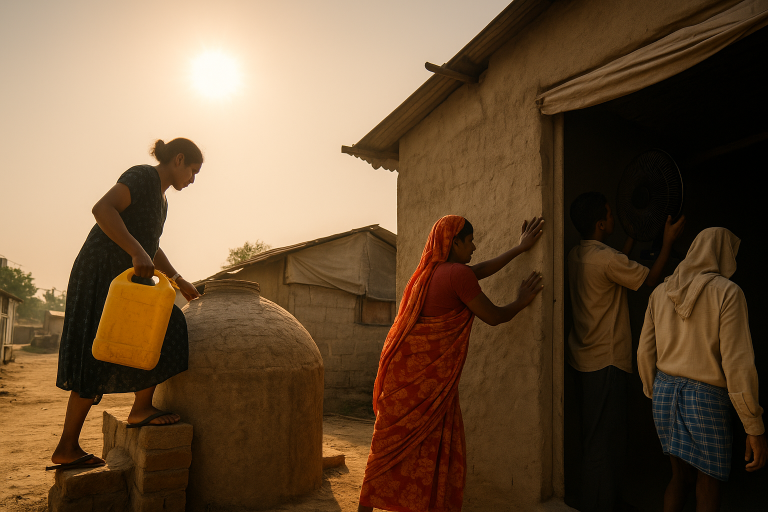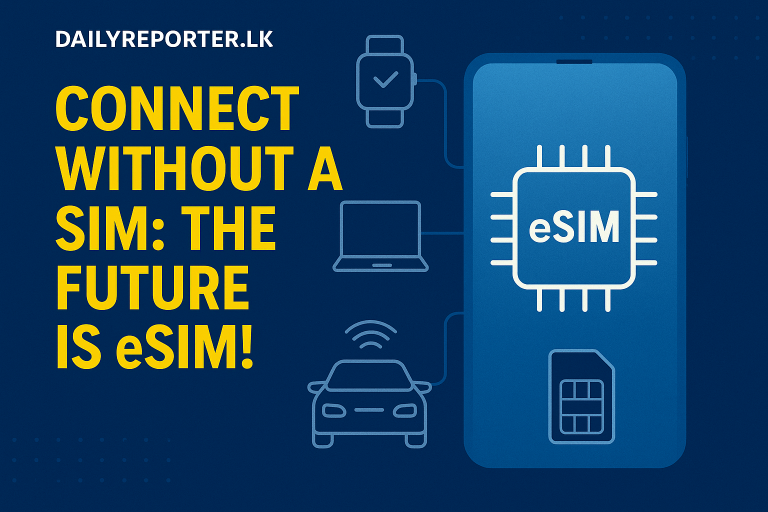In a detailed address to the parliament today, Sri Lankan President Ranil Wickremesinghe presented a comprehensive update on the nation’s economic recovery and restructuring efforts, detailing significant strides made since the implementation of stringent economic reforms in mid-2023.
President Wickremesinghe began his address by confirming that these reforms have initiated a period of economic growth, anticipated to reach 3% by the end of this year. This projection aligns with forecasts from various domestic and international financial institutions, suggesting a renewed confidence in Sri Lanka’s economic direction.
Significantly, the president highlighted the achievement of turning a long-standing primary account deficit into a surplus of 0.6% of the Gross Domestic Product (GDP) by 2023. This turnaround is crucial as it represents a positive shift in the country’s financial management and its ability to fund its needs internally without resorting to debt accumulation.
Another notable improvement under his administration is the substantial reduction of inflation, now down to 1.5%. This decrease in the cost of living is critical for stability and provides a more manageable economic environment for citizens and businesses alike.
The government has also successfully negotiated the restructuring of its sizable foreign debts, a critical element given the economic turmoil experienced in recent years. Through negotiations with the Paris Club and key non-member countries like China, Sri Lanka has made meaningful progress towards sustainable debt levels. The President emphasized that these efforts had resulted in the stabilization of the external sector, with foreign reserves increasing and the national currency stabilizing, which has reduced the pressure on import costs and broad economic stability.
Additionally, Wickremesinghe addressed the revitalization of the tourism sector, a key revenue stream for the island nation. With improved security and stability, tourist arrivals have surged, providing much-needed foreign exchange and boosting related industries. He also noted the increase in remittances from overseas workers, which has further supported the country’s balance of payments.
In his speech, the President also acknowledged the challenges of high state expenditure relative to revenue, which has necessitated a series of spending cuts and reallocations to more productive sectors. He stressed the importance of increasing government revenue through new tax reforms and enhancing efficiency in state-owned enterprises to avoid financial wastage.
Looking forward, President Wickremesinghe expressed a commitment to maintaining fiscal discipline to ensure that the economic gains are not reversed. He outlined plans for continued economic reforms, including further restructuring of the economy to foster growth in new sectors and improve competitiveness on a global scale.
In a direct appeal to the parliament and the citizens of Sri Lanka, the President called for unity and support for the ongoing reforms, emphasizing that these are essential for the long-term prosperity of the country. He underscored the importance of overcoming political and social divisions to achieve these national objectives, portraying his administration’s efforts as not just economic measures but as a comprehensive plan to secure a stable and prosperous future for all Sri Lankans.
Conclusively, President Wickremesinghe’s speech painted a picture of a nation on the mend, cautiously optimistic about the future but acutely aware of the challenges that lie ahead. His administration’s focus on economic stability, strategic debt management, and structural reforms suggests a clear path forward, aiming to transform challenges into opportunities for growth and development.

